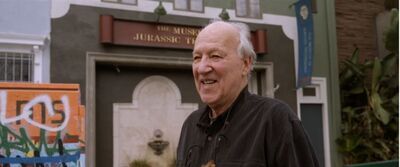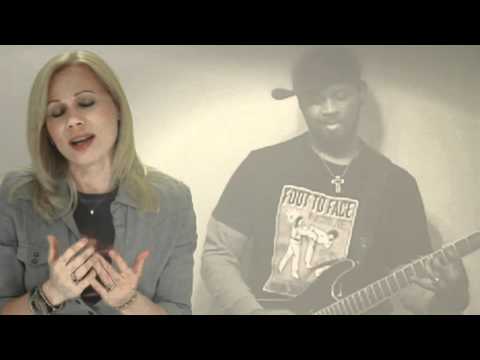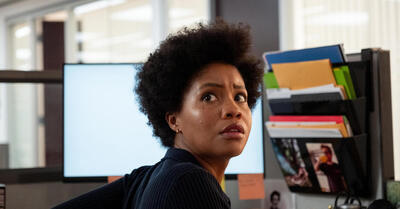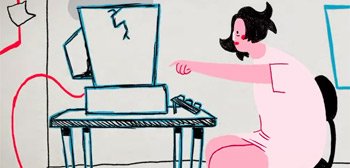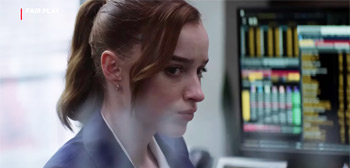Clouds film review
★
Directed by: #VeltonJLishke
Written by: #VeltonJLishke #DavidJKeogh
Starring: #RobLeach #VeltonJLishke
Film review by: William Hemingway
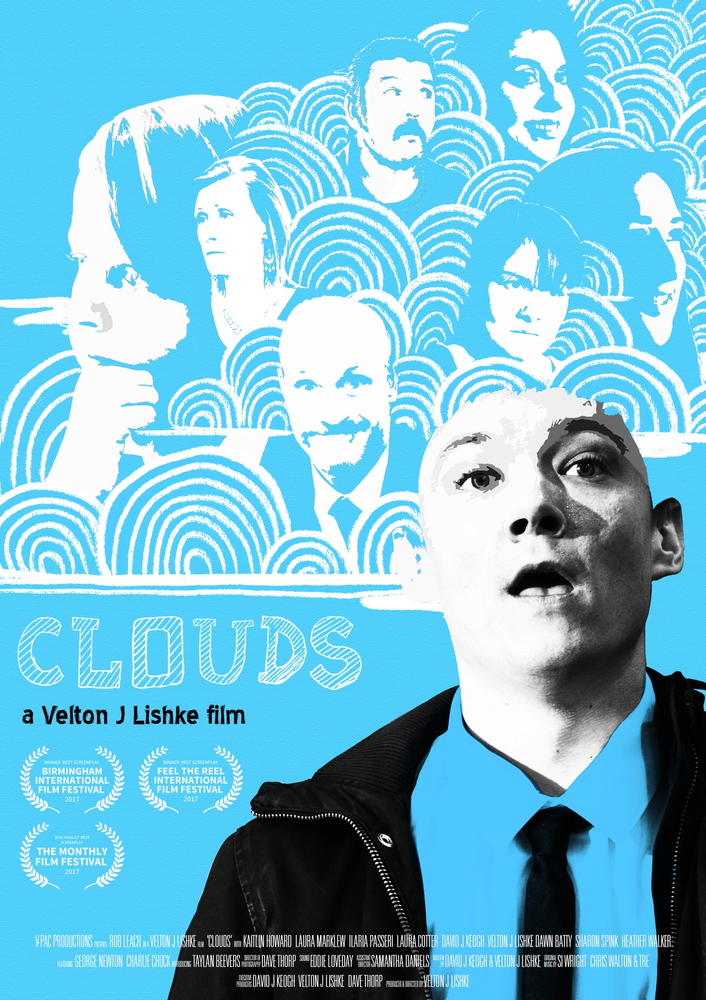
The thing about irreverent humour is that it has to be funny in a knowing and shared manner; the audience should be in on the joke. If you’re just making pale observations or throwing out littered expletives or insinuating crass comparisons then it just doesn’t work. So when Clouds opens with an idiotic quote from Mike Tyson then moves onto a voice-over where the lead character compares himself to a knob shaped cloud and then calls his sister a bitch, you know you’re going to be in for a rough ride. The film is apparently inspired by the life of Scott Latty, who you don’t know, but who a quick Google search reveals to be an ‘actor, extra and model’ who was diagnosed with ADHD late on in life. In Clouds, Scott is replaced by Stuart (Rob Leach), and we are invited into his mind as we follow him on his ‘adventures’ for a couple of days.
Stuart has ADHD – that’s it, that’s the plot, or the premise, or the scenario, or the setup, or whatever else you would like to call it, because it seems that the writers (Lishke and Keogh) don’t have the foggiest idea what this horrible mess of a movie is either. It all starts with Stuart remembering and sharing the pale observation that one of his teachers used to have unruly nostril hair (is that funny?), then coming right up to date where he’s ignoring phone calls and misremembering his Mum’s birthday. Luckily, Uncle Charlie manages to get hold of him, and through a conversation that is broken up by some of the most horrific cutting and editing imaginable, is able to remind him to get on a train to come and join the party. Then Barry turns up.
Barry (Velton J Lishke) is the worst kind of character creation possible; one that is shoehorned into the narrative so that the writer/director can get his mug in front of the camera to display his own zany brand of wacky humour. Except that it’s not even his own. Barry is an obvious low-rent rip-off of David Brent and for all of his obvious anxieties, incessant need to be liked, gurning facial expressions and over-ingratiating behaviour, not one of his ‘jokes’ lands properly and every aspect of the character falls flat. Still, this doesn’t stop Lishke forcing him into every scene possible and running around the narrative (such as it is) like a veritable lost puppy. None of this is funny, but instead rather sad, and hackneyed, and tasteless, and inadequately derivative.
However, as bad as this is, Barry is not the only one-note character in the film. From the ‘bitch sister’ who can only communicate through violent swearing, to the ‘girlfriend’ whose sole purpose it is to forgive and understand Stuart no-matter what he says and does and no-matter that they’ve literally just met, to the mother who spends the whole movie just hugging people instead of having any sort of personality, to the sister’s lesbian girlfriend who only seems to be included so that there can be some crass scissoring jokes; nobody has a character arc, nobody goes on a journey and nobody learns anything from their experiences – that is until the final scene when everybody miraculously transforms into their best selves through no form of actual self-volition.
With such obviously unidimensional characters, it is also no wonder that the dialogue between them comes off as so unrealistic and badly scripted. Not one conversation has a natural flow to it and the interactions are left hanging in the air like a bad smell, waiting for someone to move or react or say something that might plausibly be said between two actual living people. As such the scenes become torturous and diabolically long, where you find yourself hoping that each one will finish so that you don’t have to listen or put up with the characters any longer. Not to mention that there’s a lot of shouting going on and the sound recording and sound mixing are so off cue that voices sound grainy and crackly and jump in volume within scenes along with the camera angles. The one saving grace of the film comes from Dave Thorp whose cinematography is very accomplished and who should be commended, especially for his aerial shots.
ADHD is a serious condition, one which deserves to have its own voice shared on the big screen where it can be treated fairly with a respectful script and a compelling story. Sadly, Clouds feels a lot more like a couple of teenagers who are discovering a bit of the old Mary Jane for the first time have jotted down all of the things they find hilariously funny about being faced with the disease and have forgotten to run things through quality control once they’ve come back down. There is no sense of understanding or of accomplishment within the entire film and therefore there is no sense in you watching it either.

